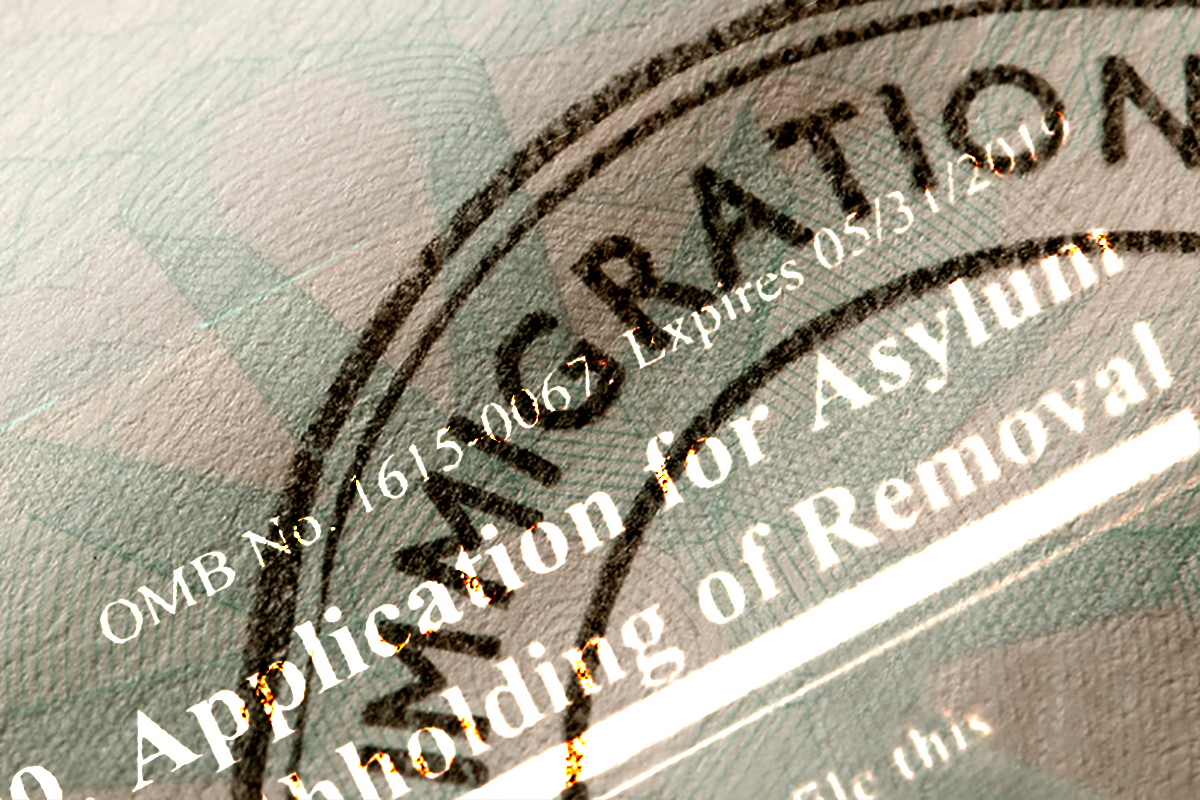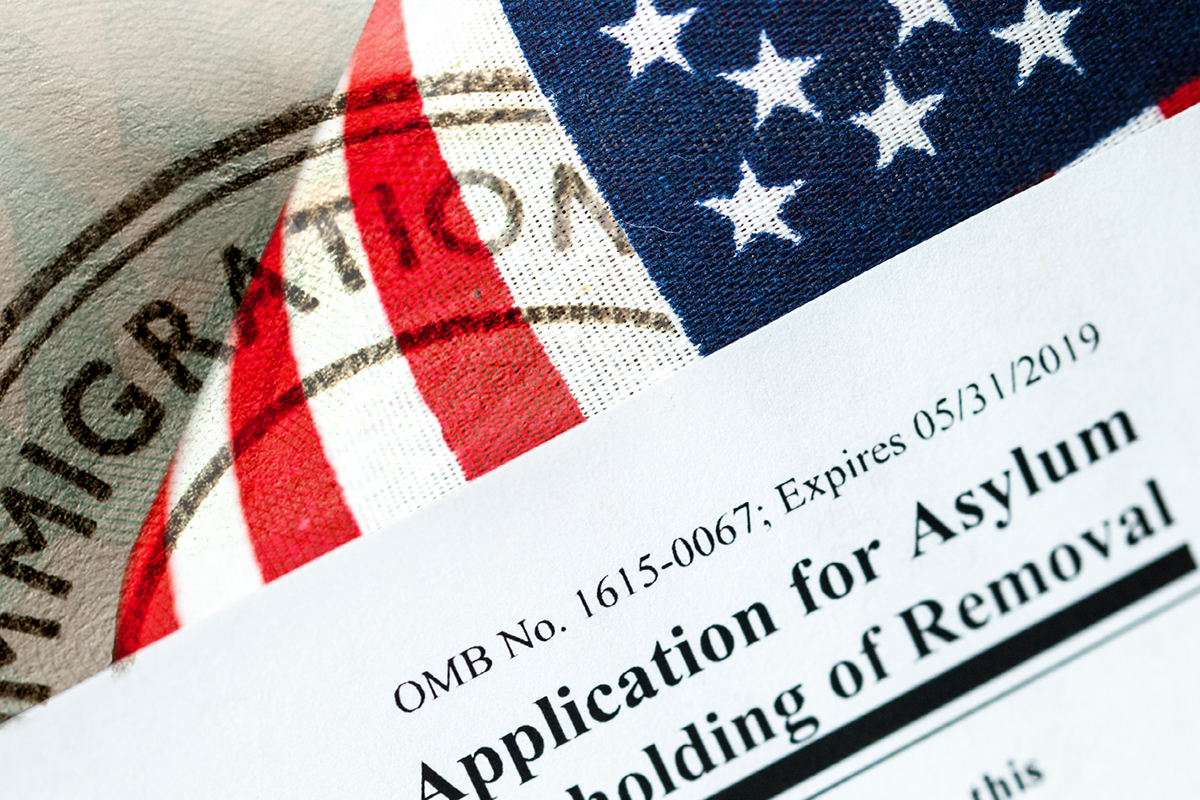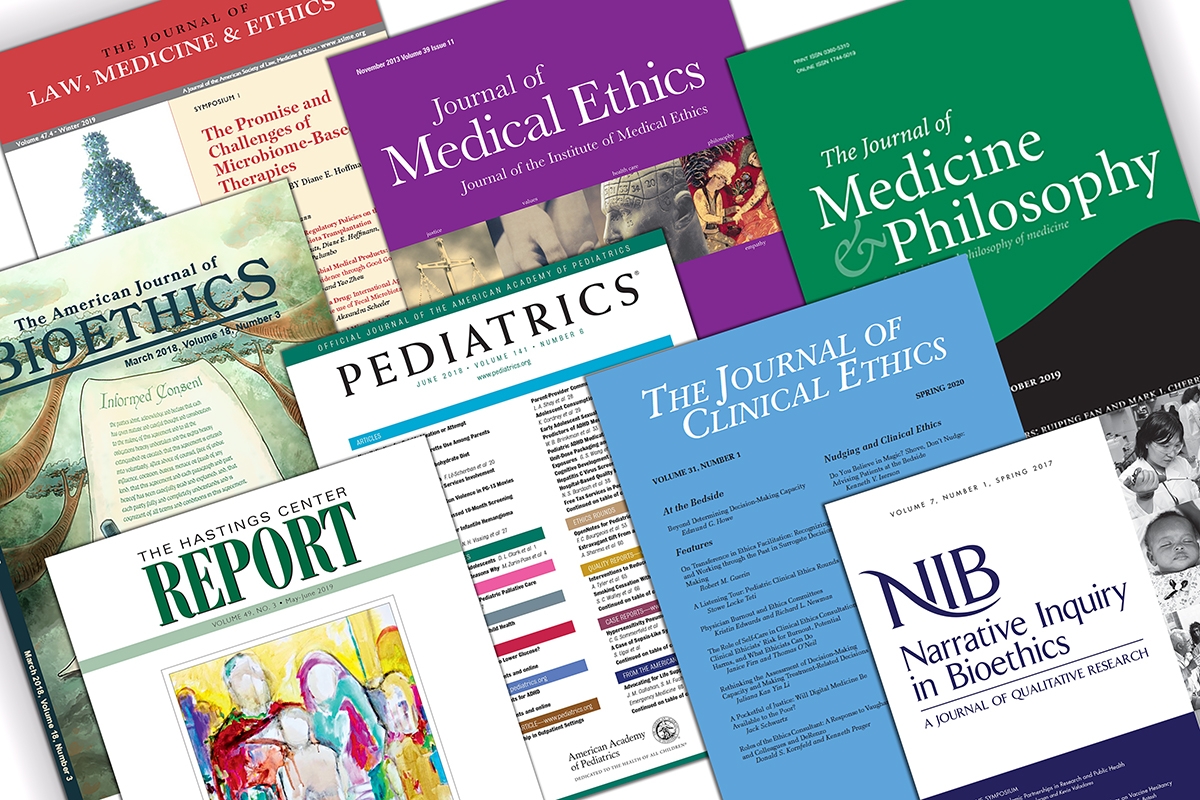



This article highlights the importance of psychological and medical evaluations for asylum seekers in the United States, and identifies physicians and other healthcare professionals as uniquely situated for this work. This paper outlines the benefits and drawbacks to such evaluations and addresses their utility in immigration law, ultimately calling for increased clinician involvement in pro bono evaluations.

In recent years, the unique role of medical professionals in the asylum adjudication process has been thrown into sharp relief as asylum applications surge, with over one million pending cases backlogged in the U.S. asylum system as of August 2019. Medical evaluations dramatically increase the likelihood of an individual obtaining asylum. The author examines the role medical trainees play in this process.

How did we get here? Mara, now nearly 17-years-old, was born with a neurogenic bladder. Up until two years ago, she was a model patient. No one worried about her adherence with self-catheterization or medications. She was optimistic about her future, cared about her health, and we looked forward to her bright and open future. But now Mara says,
“I don’t care.”

Ethiopian physicians, nurses, and midwives routinely encounter cultural challenges created by language barriers, an urban vs rural divide, and differences in education that impact the patient-provider relationship. Despite limitations in personnel and resources, these clinicians have devised approaches to overcome these barriers to best serve their patients.

“Suffering” is a concept that is frequently invoked in discussions about medical decision-making in pediatrics. However, empirical accounts of how the term is used are lacking, creating confusion about the concept and leaving parents and providers unsure about the appropriate ways to account for it in pediatric decision-making. We conducted a qualitative content analysis of pediatric bioethics and clinical literature in selected journals from 2007 to 2017 to determine how authors define and operationalize the term when referring to issues in pediatric treatment.

The theme of the book tackles many ethical issues, including the abortion of fetuses with prenatal diagnosis of potential disabilities, and the litigious nature of our country; Charlotte, Willow’s mother, decides to sue Piper, her best friend, for medical malpractice to compensate for her daughter’s future healthcare needs.

Doctors revise their diagnostic strategy to provide a timely and meaningful prognosis in accordance with parental goals. This narrative discusses issues of diagnostic uncertainty and the value of relying on clinical gestalt when trying to prioritize medical tests for a sick patient.

Care providers of critically ill pediatric patients encounter ethically complex and morally distressing situations in their practice. This study sought to identify whether providers remark on ethical conflicts or note moral distress following recent in hospital pediatric death.

Children are important participants in genetics research, and in genetics research involving children, IRBs must address the primary issues of privacy, confidentiality, informed consent, and the return of results.